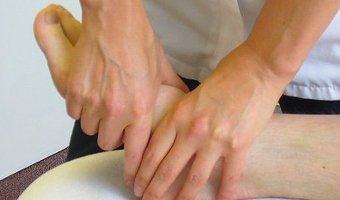Problems related to posture
Good posture is something that quite a number of us have to work at achieving – especially as the years go by as gravity works its magic and bad postural patterns develop from when we were younger. It also doesn’t help that a lot of people work at desks for many hours of the day and perhaps head home to slouch on the sofa and watch TV in the evening.
It is possible to change these postural habits and minimize the effects of gravity which will reduce the chance of developing the musculoskeletal problems, such as discal issues, imbalanced muscles, chronic muscular strain, osteoarthritis (wear and tear) and nerve compression, that can result from a bad posture. Changing your posture can also have more far-reaching effects on your mood and general well-being.
The trick is to make the change as early as possible, rather than waiting until you are in considerable pain with tension and stiffness when it will take far longer to rectify the situation. Osteopaths can give advice on your general posture and also on your workstation set-up and bed – mattress and pillows. Ideally you need to aim to keep a neutral spine at all times so that any strain is spread evenly throughout the muscles an joints of the spine and the body. Perhaps also avoid slouchy chairs and sofas and try and use only chairs which, again, keep your spine neutral. It takes time for the body to adjust to these new postural changes and sometimes you can feel a little achy or uncomfortable. It’s worth persevering as, before too long, the changes you’re making on a regular basis will become normal for the body and you will hold a good posture without seeming to be trying.
Click here to read my blog article on the forward head posture.







